CRN Exclusive: HP CTO Martin Fink On HP's Helion Global Open Network Vs. Cisco Global Intercloud
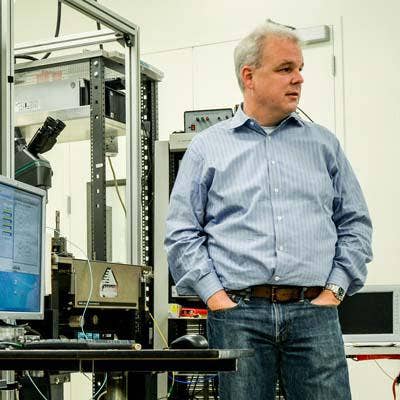
Fink On HP Helion's Global Game-Changer
HP Executive Vice President and Chief Technology Officer Martin Fink, the driving force behind HP's Helion OpenStack public cloud, spoke with CRN about the Helion Network, HP's new Global Open Network for cloud services, the benefits for partners, and how the OpenStack-based offering stacks up against Cisco's Global Intercloud.
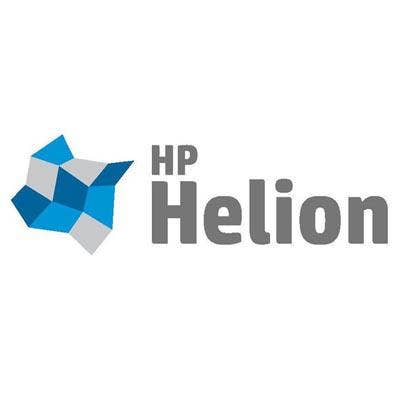
What is HP Helion Global Open Network?
The Helion Network is basically a global open network of service providers that will allow enterprise customers to have access to a broad portfolio of services, geographic reach and quality of service.
I want to be clear this is more than just putting a network pipe between two service providers and saying it is all good. This is really about having that common technology platform at the cloud layer with the Helion OpenStack [distribution] allowing all of the service providers and channel partners to be able to leverage our investments so that we can build a network of customers that can interoperate together.
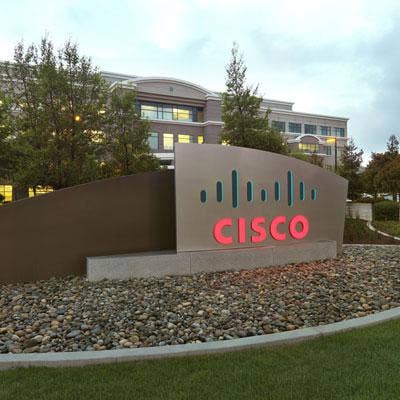
Is Cisco the No. 1 competitor?
What we have seen from Cisco is a lot of PowerPoint slides and not a lot of technology and capability beyond the ability to put a network pipe between two locations. In order to deliver an open hybrid environment, you have to have an open cloud platform and when it comes to OpenStack, Cisco really has nothing to deliver.
We are bringing to this our OpenStack leadership. We are as of today the No. 1 OpenStack committer on that platform. Is it our primary competitor? Absolutely. But we don't think they come close to what we are delivering vs. what they are talking about.
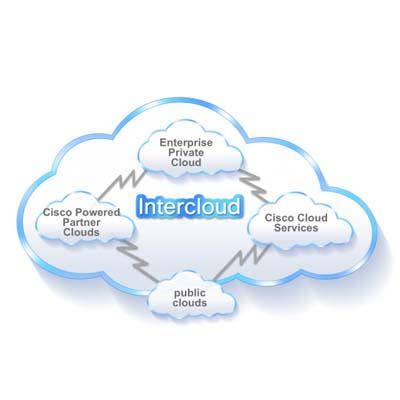
What is the difference between the HP Helion Global Open Network and Cisco Global Intercloud?
It goes beyond the network pipe. We have the go-to-market collaboration that we don't think Cisco will give them [partners] access to. And it is a member-governed network. That is actually probably one of the single most important parts [of the announcement]. I think the Cisco model is you join Cisco Intercloud and let me tell you what you are going to go do. And what we are doing is a member-governed network. This will be a unique commercial operating model with a permanent steering committee of network members to manage the alliance in order to drive future commercial and operating model improvements.

Talk about the open-source community philosophy of the Helion Network.
For us this is more about bringing together a community of like-minded people around an open hybrid cloud platform and allowing that like-minded set of people to be part of the governance mechanism that allows this to work. Whereas I think Cisco is trying to basically drive network pipes between cloud providers and mandate things be operated their way with their infrastructure.
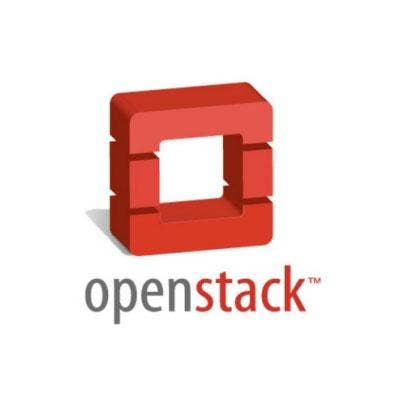
Cisco talks about an OpenStack-enabled Intercloud. How does that stack up against the Helion Network?
While I am talking to you I have gone to Stackalytics [a service aimed at providing transparency on OpenStack contributions], which measures this. Here are the top 10 committers right now to OpenStack: HP is No. 1, then Red Hat, Rackspace, Mirantis, IBM, SUSE, Independent, eNovance, VMware and then others. Cisco doesn't really even make the list until -- let me see -- it looks like they are No. 16 on the list.
Do you want to work with No. 1 or do you want to work with No. 16? That doesn't feel to me like someone who is really committed to delivering to the overall OpenStack environment.
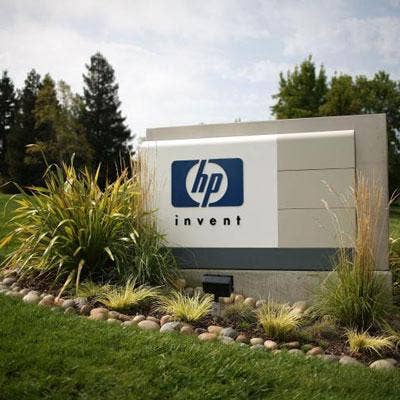
How critical are those HP contributions to OpenStack as a differentiator?
Our customers tell us it is very important. What customers are telling us is they don't want vendor lock-in. They find it attractive to be on an open platform based on OpenStack. At the same time, they want to be working with a company committed to OpenStack so that if there are any issues they run into they know they can call somebody who has the street cred, who is participating in the community and is really committed to this environment and not just trying to build a plug-in in order to have some sort of interoperability somewhere in the stack.

What are the technical underpinnings of the global network HP is putting together vs. Cisco Intercloud?
It boils down to the OpenStack distribution. What we launched on May 7 was our Helion OpenStack distribution. So what happens is every member of the Helion network will essentially be running that common software platform. That is how you know for sure that you are going to be able to run your workloads and interoperate across those workloads. Eventually what we want to get to is having an economic model where all the different players that are part of the Helion Network are able to share in the economic goodness that comes out of the Helion Network.

What are the networking technology investments you have had to make to make this work?
A big part of operating in this way does require a strong connection to the network. Within OpenStack the networking project is called Neutron. What we have been doing is actually significantly increasing our contributions to the Neutron project and making sure our networking gear is tightly integrated to that. So when we start building a federated set of clouds, we come with the OpenStack distribution that has the networking requirements via both Neutron and our networking equipment in order to turn all that on. So that is the big part of where we have had to do the enhanced work to support the Helion Network.

What are you competing against technically with regard to Cisco Intercloud?
What customers are telling us is we are bringing something real to the table. We have a real platform. We have real technology. We have a real capability and we are also building an economic model for them to be able to participate. At least so far what we have heard from customers, the conversation they are having with Cisco is if you buy my gear I will connect you to the next guy down the chain. That is the difference in the conversation we are having.

What are the customer/partner economics of HP Helion vs. Cisco InterCloud?
In our case, what happens is enterprises will be able to have access to that open hybrid IT environment that prevents that vendor lock-in and be able to have workload portability between their on-premises work, their off-premises work and get access to all of the different environments around the world..
As the Helion Network expands and we have multiple providers and multiple partners and systems integrators and people who specialize in certain verticals, those different providers will be able to provide an enhanced set of services that the enterprises will be able to leverage because it is all part of the Helion Network.

Is there a difference between the HP security story vs. Cisco?
The core value proposition around Helion OpenStack is open, secure and agile. Security is at the foundation of what we considered as we designed the OpenStack platform from encryption of data to data sovereignty. Right now top of mind for customers is data sovereignty. In some cases, customers will want to leverage HP directly. Part of what we announced on May 7 is an expansion of our data centers and the installation of the Helion platform at 20 of our data centers so customers will be able to leverage that. If they want to work directly with HP, they will be able to do that.
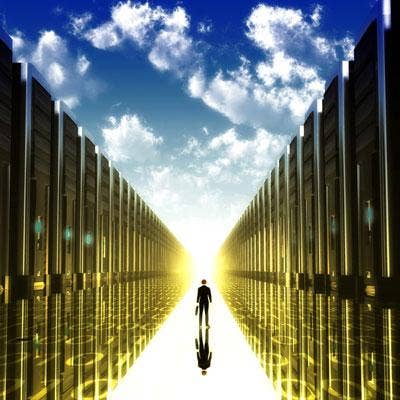
How important are the HP data centers in the cloud battle?
Twenty data centers is a big, big deal. Something that Cisco does not have is data centers to leverage. In some cases, a customer will have requirements to be in countries and locations that we are not. In those cases, a service provider may create a separate value-add on top of the Helion OpenStack platform that is attractive to an enterprise customer. We want to make sure we enable that. Data sovereignty is top of mind to customers and the ability for us to do that in our own data centers and also leverage Helion Network partners, I think, will be a big deal for partners.

How important is HP's two-year public cloud track record?
One of the biggest things we have gotten from our public cloud is the fact that we operate at scale. It is a large public cloud. We have large workloads. Everything that we learn about how to operate at scale we take and contribute it back to OpenStack and make it part of our OpenStack distribution. So when you are getting Helion OpenStack platform from HP, you are getting and leveraging the learning we have had from operating at scale. The reason that is important to service providers is they know HP is operating at scale and therefore have confidence they can run it at scale.

Talk about the customer/partner economics for the Global Open Network?
The thing that I love the most about partners is they have the closest proximity to the customer. It is an opportunity for the customer because they can work with someone who intimately understands their business and they can leverage the cloud world and the move from capex to opex.
The big win for partners is building a cloud platform is a huge endeavor. There are not that many companies like HP who can make the investment required to build a Helion OpenStack platform, integrate that with a full hardware software solution, do all the integration with server, storage and networking.

How can partners participate with Helion?
They can actually choose to be part of the Helion Network and provide hosted services that are very specific to the customer solutions they provide. So if they provide solutions to a doctor, dentist or lawyer's office they have a platform that allows them to deliver that. Or they can take our CloudSystem cloud hardware/software bundle and deliver that. And they make money not just because of points on the hardware/software but through integration services. There is a tremendous need for OpenStack services and integration. That is a tremendous opportunity for channel partners.

What are some of the benefits to service providers?
Service providers get increased geographic reach into new markets. They also reduce their cost because they are able to gain go-to-market efficiencies by partnering with HP and our indirect channel partners. And obviously because they are leveraging our technology they are reducing their capex and R&D costs around that. We also see our channel partners having access to a broader set of cloud services and the ability to expand into other geographic areas.

What are the benefits to ISVs?
As we build out the ecosystem over time, if an independent software vendor were to write management plug-ins for Helion, that management plug-in can now be leveraged across the entire Helion Network. So if they are writing expansion or management tools for the cloud, they are not just doing it for one place -- they now have access to a huge open ecosystem.

What do partners need to be aware of in order to make the right global cloud network bet?
Stick to an open environment and avoid the vendor lock-in. If you write to Amazon, you are stuck with those APIs and it is basically like writing to the mainframe. So if you write to Amazon, it is like writing your app on a mainframe and you will be stuck there and you will have no way out.
Similarly, the Cisco world is a proprietary world so you are building around a proprietary environment. So if you want to control your world and control your environment, you need to stick to an open world where you have control over your own environment.